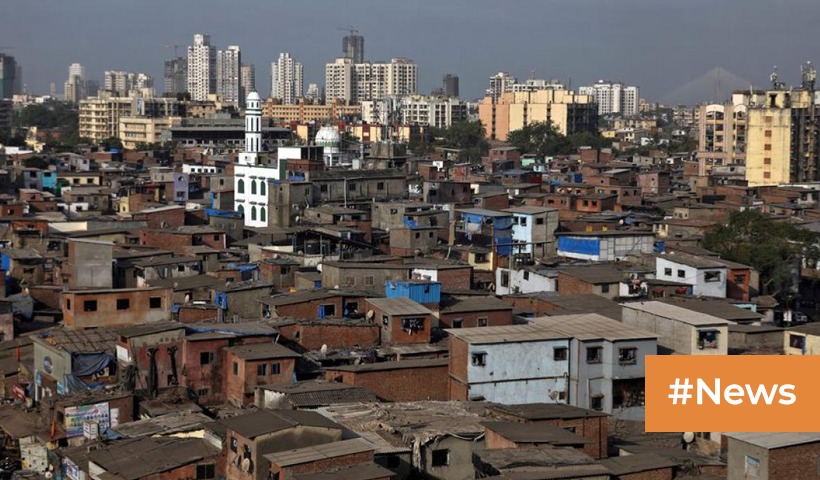Stamp Duty and Registration Charges in Karnataka 2024
When purchasing property in Karnataka, understanding stamp duty in Karnataka and registration charges in Karnataka is crucial. These charges form a significant part of the property acquisition process and ensure the legal transfer of property ownership. In 2024, the Karnataka government continues to regulate these fees, which depend on several factors including property location, value, and type.
This blog will cover everything you need to know about stamp duty and registration charges in Karnataka.
What is Stamp Duty?
Stamp duty is a tax that property buyers must pay to the state government for the legal recognition of their property documents. Essentially, it is a fee levied on the execution of various legal documents like sale deeds. Paying stamp duty is essential as it legalises the property purchase, ensuring the buyer has a rightful claim to the property.
What are Registration Charges?
While stamp duty in Karnataka formalises the property transaction, registration charges in Karnataka refer to the fee paid for registering the property under the buyer’s name in government records. Without paying the registration charges, the ownership of the property cannot be legally transferred to the buyer. The registration charge is a percentage of the property’s market value, and paying it is mandatory.

Stamp Duty Rates in Karnataka for 2024
As of 2024, the stamp duty in Karnataka varies depending on the value of the property:
| Property Value | Stamp Duty Rate |
| Up to Rs 20 lakhs | 2% |
| Rs 21 lakhs to Rs 45 lakhs | 3% |
| Above Rs 45 lakhs | 5% |
These rates apply to residential properties. Commercial properties and other types of transactions may have different rates. It’s important to verify the current rates through official channels like the Karnataka stamp duty calculator, which provides up-to-date figures based on property specifics.
Registration Charges in Karnataka for 2024
The property registration charges in Karnataka remain consistent across different property values and are set at 1% of the property’s market value. Whether you’re buying a small apartment or a luxurious villa, you’ll need to pay this 1% as part of the total cost of acquisition.
Factors Involved in the Calculation of Stamp Duty in Karnataka
Several factors impact the calculation of stamp duty in Karnataka. These include:
- Property Value: Stamp duty is directly proportional to the value of the property. Higher-value properties attract higher stamp duties.
- Property Location: Properties located in urban areas like Bengaluru attract higher duties compared to rural locations.
- Property Usage: The use of the property—whether residential or commercial—also influences the stamp duty calculation.
- Age and Gender of the Buyer: Some states, including Karnataka, offer concessions to female buyers. It’s advisable to check if any concessions apply in the current year.
How to Calculate Registration Charges and Stamp Duty in Karnataka
Calculating stamp duty and property registration charges in Karnataka can be complex without the right tools. Thankfully, buyers can use the Karnataka stamp duty calculator, a tool that helps in determining the exact amounts based on various property details. To calculate:
- Property Value: Enter the property’s market value in the calculator.
- Property Type: Specify whether it’s residential or commercial.
- Location: Mention whether the property is in an urban or rural area.
- Buyer Details: Input details like the buyer’s age, gender, and whether they qualify for any discounts.
The calculator will then display the stamp duty and registration charges you need to pay.
Ways to Pay Stamp Duty and Registration Charges in Karnataka
There are several convenient methods to pay the stamp duty and registration charges in Karnataka:
- E-Stamping: This is one of the most popular and hassle-free methods. You can pay stamp duty online through the Stock Holding Corporation of India Limited (SHCIL) portal. After payment, an e-stamp certificate is generated, which must be attached to the property documents.
- Bank Challan: You can visit an authorised bank branch and pay the stamp duty through a challan. The bank will issue a receipt that you need to submit along with the property documents during registration.
- Franking: This method involves paying the duty at a franking centre. The centre will stamp the property documents, indicating that the stamp duty has been paid.
Whichever method you choose, it is important to ensure that the duty and charges are paid before submitting the documents for registration.
Why Are Stamp Duty and Registration Charges Important?
Paying stamp duty and registration charges in Karnataka is not just a legal formality. These charges are crucial for the following reasons:
- Legal Ownership: Paying the stamp duty ensures that the property purchase is legally recognised by the state. Without this, your ownership claim could be challenged.
- Government Revenue: These fees contribute significantly to the state’s revenue, which is used for public infrastructure and welfare projects.
- Property Resale: Future buyers and banks verify that stamp duty and registration charges were paid when considering mortgage or resale options.
Consequences of Not Paying Stamp Duty and Registration Charges
Failure to pay the stamp duty and registration charges in Karnataka can lead to serious consequences. Some potential outcomes include:
- Legal Penalties: You could face fines, legal action, or penalties for not paying these fees.
- Invalid Sale Deed: Without the proper stamp duty payment, your sale deed may be considered invalid, which could lead to disputes over property ownership.
- Difficulty in Selling or Transferring Property: Future property transactions, such as sales or transfers, may be blocked or delayed if these charges are unpaid.
Conclusion
Understanding stamp duty in Karnataka and registration charges in Karnataka is vital for anyone planning to purchase property in the state. By using tools like the Karnataka stamp duty calculator and choosing the appropriate payment methods, buyers can ensure a smooth and legal transfer of property ownership. Remember, these fees are non-negotiable and must be factored into the overall cost of property acquisition.
For more detailed assistance, PropertyPistol provides expert services in understanding the complexities of property transactions in Karnataka.
FAQs
What is the new stamp duty rate in Karnataka?
As of 2024, the stamp duty in Karnataka for residential properties is as follows:
- Properties up to Rs 20 lakhs: 2%
- Properties between Rs 21 lakhs and Rs 45 lakhs: 3%
- Properties above Rs 45 lakhs: 5%
These rates are subject to periodic revisions, so it’s advisable to confirm with the latest government notifications or use the Karnataka stamp duty calculator for the most accurate rates.
What are the registration charges in Karnataka?
The registration charges in Karnataka for all types of property purchases are set at 1% of the property’s market value. This fee is mandatory and must be paid at the time of property registration.
Who pays stamp duty?
The buyer is typically responsible for paying the stamp duty in Karnataka. In some cases, the seller and buyer may agree to share the stamp duty costs, but legally, the obligation falls on the buyer.
Is GST applicable on stamp duty?
No, Goods and Services Tax (GST) does not apply to stamp duty in Karnataka or elsewhere in India. Stamp duty and registration charges are state-level taxes, while GST is a central tax that applies to goods and services, not to property transactions.
Disclaimer: The views expressed above are for informational purposes only based on industry reports and related news stories. PropertyPistol does not guarantee the accuracy, completeness, or reliability of the information and shall not be held responsible for any action taken based on the published information.




